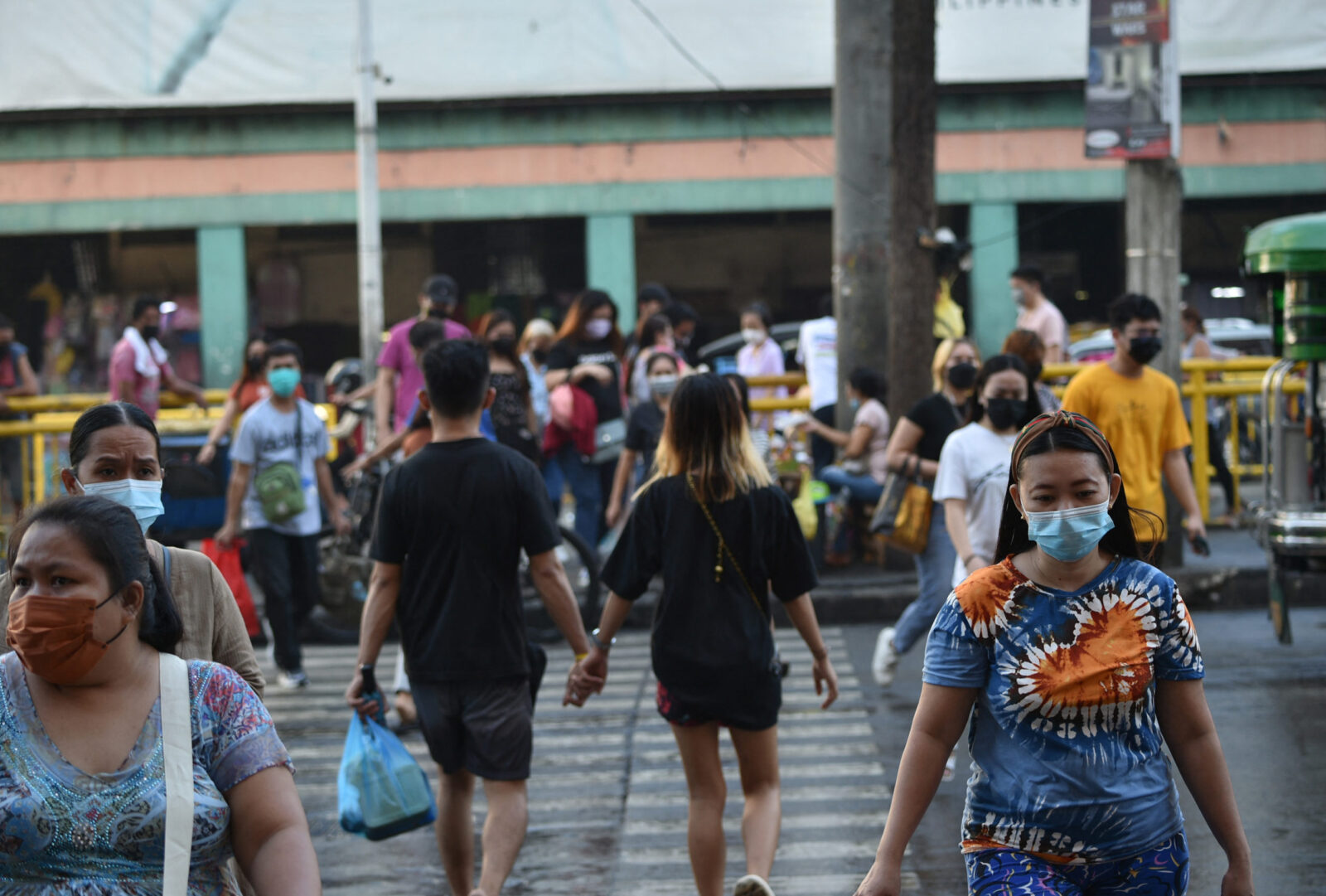GlobalSource: Proposed tax holiday ‘poorly targeted’

The proposed one-month income tax holiday would primarily benefit the middle class, exclude low-income workers and strain public finances without guaranteeing equivalent economic and social gains, GlobalSource said.
Sen. Erwin Tulfo has proposed what he called an “extraordinary measure” in response to “resounding clamor” to “return the people’s money” amid a widening probe into alleged corruption in state-funded flood control projects.
But Diwa Guinigundo and Wilhelmina Mañalac, analysts at GlobalSource, said that while the measure was “well-intentioned,” it was also “poorly targeted.”
Guinigundo and Mañalac, both former central bank officials, noted that employees earning P20,833 or less per month already pay no income tax under existing law—meaning roughly six in 10 wage earners, most of them in low-income or informal sectors, would receive no relief.
They also argued that alternative measures—such as targeted cash transfers or temporary reductions in value-added tax on essential goods—would deliver broader and more equitable benefits.
“Middle- and upper-income earners would benefit the most, as their withheld tax rates range from 15 to 35 percent of monthly pay,” they said.
“This structure raises concerns about equity and progressivity, since those least affected by inflation gain the most from Senator Tulfo’s proposal,” they added.
Taxpayers
Under Tulfo’s bill, all individual taxpayers earning compensation income would receive a “one-time, one-month income tax holiday,” reflected in the first payroll month following the measure’s enactment.
For mixed-income earners, only the portion classified as compensation income would be exempt from tax. The proposal would also exclude mandatory contributions to the Government Service Insurance System, Social Security System, PhilHealth, and the Home Development Mutual Fund, as well as loan amortizations and other payments voluntarily authorized by employees.
The one-off increase in disposable income may temporarily raise spending on discretionary goods and services, Guinigundo and Mañalac said. But they explained that the multiplier effect “would be small and dissipate after one to two months.”
On the fiscal side, the GlobalSource analysts said initial estimates based on the number of taxpayers and current structure of exemptions suggested a revenue loss of about P50 to P80 billion, equivalent to about 0.2 to 0.3 percent of gross domestic product. This would widen the budget deficit unless offset by spending cuts or higher borrowing, both of which could be destabilizing.
“With limited structural impact on investment or productivity, the measure risks adding to the deficit without sustained economic payoff,” they said.
“A one-month tax holiday offers quick political mileage, limited economic value, and no real social equity. For inclusive relief, the Philippines needs targeted support, not blanket tax forgiveness,” they added.





















Informed compliance matters